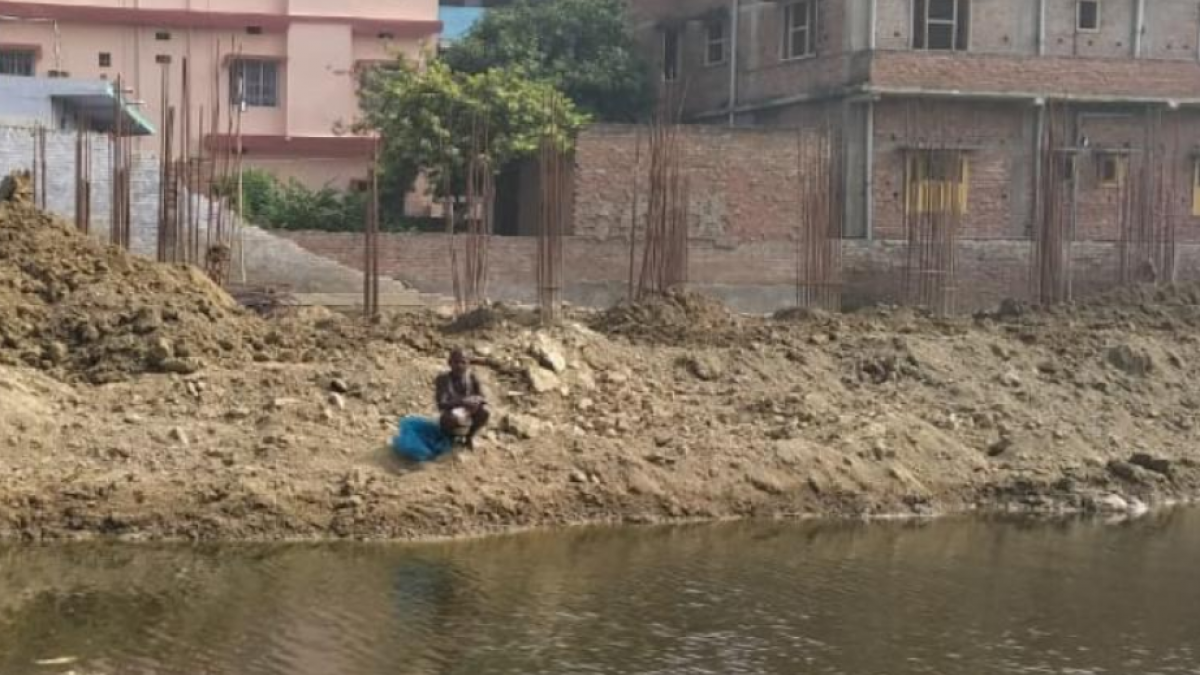NGT to Odisha: stop illegal construction near Tampara Lake
Context :
The Odisha government has been ordered by the National Green Tribunal, Eastern Zone, not to proceed with “illegal” building in and around Tampara Lake, a Ramasar site and one of the state’s largest and most attractive freshwater lakes.
What is NGT?
- India’s National Green Tribunal (NGT) is a specialist court that handles matters involving environmental concerns and the application of environmental legislation.
- The National Green Tribunal Act of 2010 authorized its creation, and on October 18, 2010, it was formally inaugurated.
- The NGT’s main goals are to offer a dedicated venue for resolving environmental disputes and to ensure that environmental laws and regulations are implemented correctly.
Where is Tampara Lake situated?
- Location: The Indian state of Odisha is home to Tampara Lake.
- Type: It is a lovely freshwater lake renowned for both its ecological importance and natural beauty.
- Ramsar Site: The honour of being a Ramsar site belongs to Tampara Lake.
- The Ramsar Convention is an international agreement that aims to protect and preserve wetlands that are significant on a worldwide scale. This pact recognizes and safeguards Ramsar sites.
- Ecological Diversity: Due to its freshwater nature, Tampara Lake is expected to sustain a wide variety of aquatic life, vegetation, and wildlife.
- Tampara Lake is protected under international law as a Ramsar site to stop its deterioration and encourage its sustainable use.
- Threats and Challenges: The lake may be threatened by a variety of actions, including encroachments, pollution, habitat damage, and unlawful development.
- NGT Intervention: The Odisha government received a mandate from the National Green Tribunal’s Eastern Zone over unauthorized construction projects around Tampara Lake. The decree attempts to stop future deterioration and guarantee adherence to environmental laws.
What was the reason behind the NGT Intervention?
- Environmental Violations: According to the petition submitted by the WSO, ongoing substantial construction work was being done at Tampara Lake without the required authorizations. Lack of adequate clearances for construction projects can cause ecological disruption and environmental harm.
- Ramsar Site Status: Tampara Lake has been classified as a Ramsar site, indicating the importance of this wetland environment on a global scale. The ecological value of Ramsar sites is acknowledged, and any actions that might jeopardize their integrity are duly considered.
- Ecological Significance: Wetlands, which include lakes like Tampara, are significant ecologically because they support aquatic life, filter water, and provide a home for a variety of animals. Unchecked development may cause habitat loss, water pollution, and disruption of natural processes.
- Environmental Laws: Enforcing environmental rules and regulations is the NGT’s main responsibility. In this instance, it is possible that the claimed illegal building activities violated wetland protection and environmental impact assessment rules and regulations.
- Public Interest Litigation (PIL): The NGT is authorized to consider cases based on PIL. The WSO’s petition was under the NGT’s purview because it represented the interests of the general people and the environment.
- Protection and conservation: The NGT is in charge of upholding environmental regulations and protecting the environment. The Tampara Lake ecosystem’s preservation and protection were threatened by the claimed illegal construction activity.





